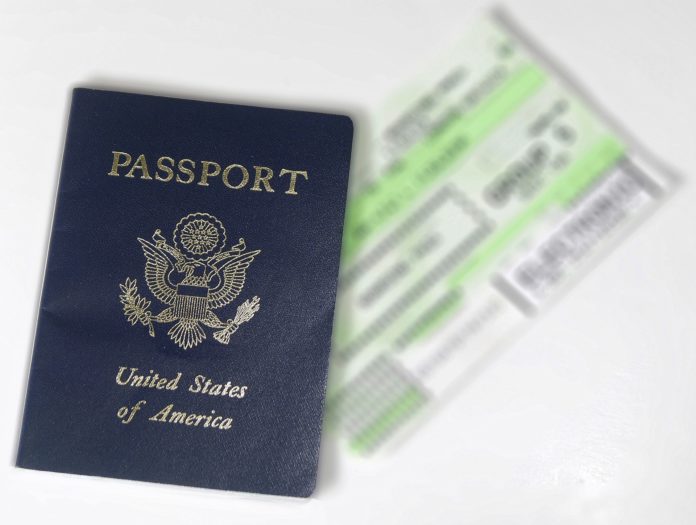The Minnesota legislature has yet to comply with federal Real ID security standards for driver’s’ licenses, reports MPR.
State Sen. Warren Limmer (R-34) played a big role in delaying Minnesota’s implementation of Real ID. In 2009, he backed legislation to ban state agencies from implementing the federal law or even discussing complying with it. The ban was only reversed last year, and lawmakers were unable to take steps towards implementation.
Limmer is concerned that Real ID allows the government to collect too much information. He views it as a threat to privacy. Any bill to implement Real ID will now have to go through him. After Republicans took control of the Senate in Minnesota this November, Limmer is now the chair of the Senate judiciary committee. He has said that any bill would have to address his concerns regarding privacy and data collection.
“I personally am waiting to see if the federal government will extend that deadline one more time under the Trump administration,” Limmer told MPR, “So, I’m not quite sure how excited I’m going to get about Real ID right now.”
The current timetable from the U.S. Department of Homeland Security would require people boarding a plane from non-compliant states without an extension to provide an additional approved form of identification starting January 22, 2018. This would make things like passports necessary for travel within the United States for people without a Real ID compliant driver’s license.
The enhanced version of Minnesota’s driver’s licenses already meet the federal standard according to MPR. They are already available to those who pay an additional fee and fill out a detailed application.
By October 2020 every air traveler will need a Real ID compliant form of ID.
Last session, officials from the Minnesota Department of Public Safety told lawmakers that the state would save millions of dollars by delaying implementation until January of 2018. A new computerized licensing and registration system is expected to be up and running by that time. The window for bringing the state in line by the current DHS deadline would be very slim by then.












